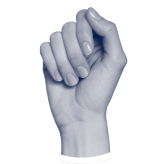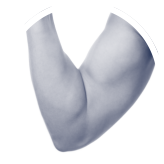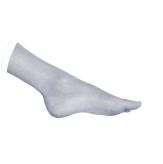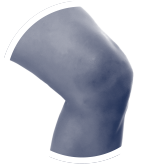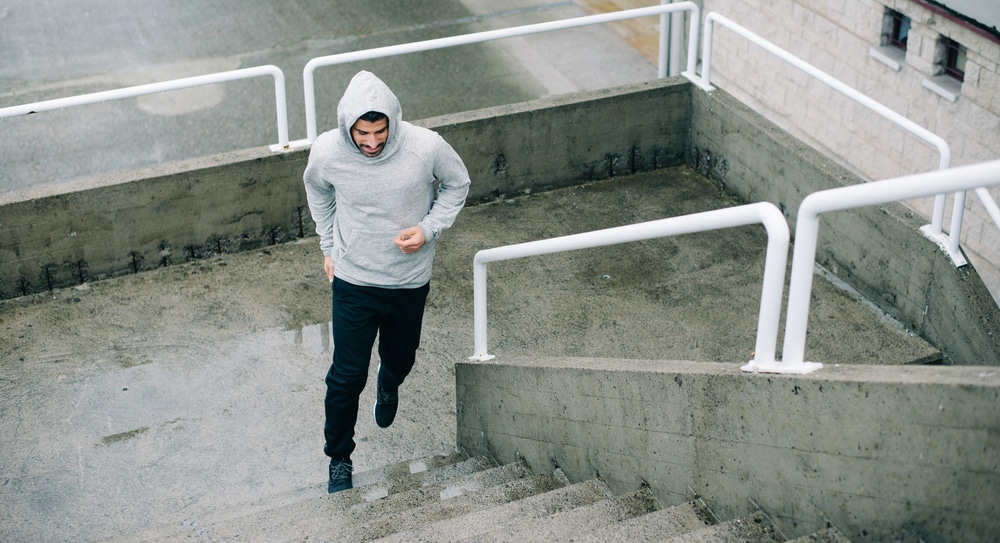
We really don’t appreciate our tendons enough. These flexible tissues ensure that our muscles and bones remained attached – no matter what stresses are placed upon them. They can stand the weight and forces of 8-10 times our body weight, meaning it is pretty hard for one to rupture.
However, while rupturing a tendon is pretty difficult, it is not impossible. Tendons, similar to muscle or bone mass, require a build-up to the excessive forces to avoid injury. If you start a marathon without training, play your first ever football game or any high energy sport without a preparation, your tendons will not cope with the sudden stress that is placed upon it. This can cause tendinopathy, tendonitis, ruptures and other tendon disorders – some that are more painful and more treatable than others and can affect your ability to exercise in the future.
So to progressively build up the tensile strength of your tendons you need to start loading your tendons. Alongside pre-event warm-up, tensile loading is progressive and occurs over many days, weeks and months before a high-intensity event.
However, tendons may need a warm up before other ‘non-sport’ events to prevent injury. If you are off to a concert or a nightclub and likely to be jumping or dancing for many hours, it will place stress on your tendons that it’s not accustomed to.
So How Do I Load My Tendons?
Firstly, preparation is key. Identifying what your upcoming event is and know which tendons are likely to be affected. The tensile loading program will depend on which tendon that will be under the most strain – for the marathon it will be the Achilles tendon.
Knowing when you need to be active gives you time to build your tensile strength. For example, if you know you are running the marathon in 2018, you should prepare as far in advance to allow your tendons to build up – especially if you aren’t a professional marathon runner.
Then you should start a plan on how to increase the tensile strength of your tendon and the duration of the build up – such as increasing the distance of your run by 1km every couple of day or adjusting your speed by 5-10% each day. There are many plans online to give you an idea of the types of exercises you should undertake.
Secondly, you should do everything you can to reduce the stress on your tendons during the event. There are three methods of doing this:
- Losing excess body fat to reduce your mass (and ultimately reduce excess force it creates on the tendons).
- Use appropriate footwear, clothing and equipment for your activity. If you are planning on running the marathon, you should ensure your footwear is adequate for such a long run and equally spreads the weight over your foot.
- Ensure you know the correct technique for your sport. If you don’t, research online and consider getting a personal trainer or coach who can guide you through your training.
- Avoid sharp spikes of high-intensity training – such as starting with a high-speed run or up a hill.
If you have a high-intensity event and your muscles, tendons or ligaments are swollen and/or painful, you should practice PRICE therapy to shorten recovery time. This should relieve some of the symptoms caused by excessive stress on your body. However, if pain lasts longer than a few days or more worrying symptoms appear then you should seek medical attention.


